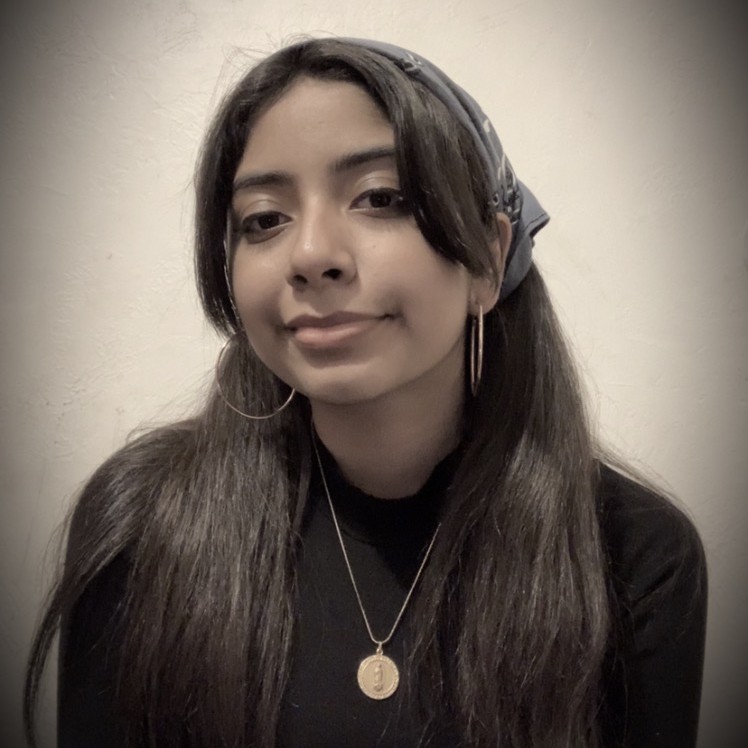Isabella Montano Ponce was struggling with depression but it was the inability to talk about it that slowed her recovery.
Sometimes my parents call me “crazy” for not controlling my emotions. When it comes to my mental health, I brush it off. It is a very uncomfortable topic in my household. In fact, we rarely speak about it at all. But I can’t really blame my parents, since it is rarely talked about in the Latino community.
I was around 14 when my depression had gotten worse. I was a freshman at Richmond High, and starting to lose motivation for everyday things. Sometimes, it was hard to even get up from my bed. My grades were getting worse, and I didn’t care. I eventually fell into unhealthy habits, such as self-harm. I couldn’t tell my family, since I knew they would be uncomfortable and brush this off, or they would tell me to just start acting happy, as if my emotions were an off and on switch. My depression was a terrifying topic in my home.
But I read. I read books from school and I started reading comics on my phone. Soon I was inspired to write stories of my own. I slowly began to pick up on my old hobbies, like sketching and drawing. Those things made me really happy and over time I got better.
It has always been deeply rooted in our culture to never speak about our feelings or our mental struggles. We always have to seem “tough." Expressing emotions will make you seem weak. This is obviously unhealthy but it is something that many older Latinos (such as my parents) have always grown up with and pass on to their children.
